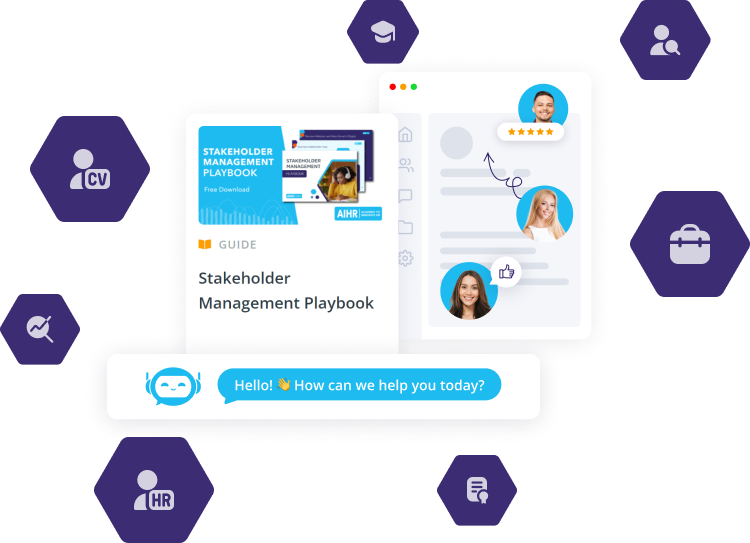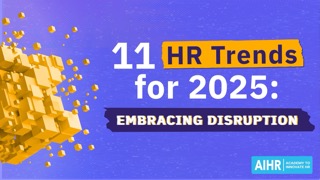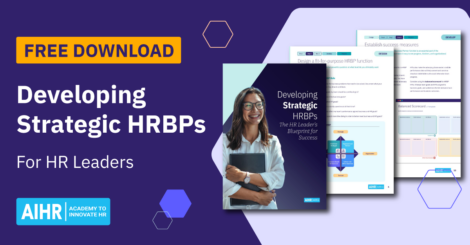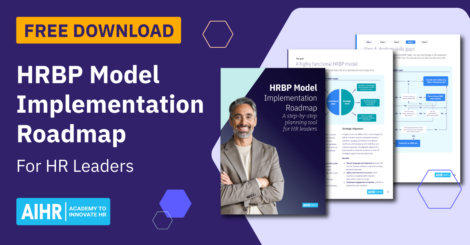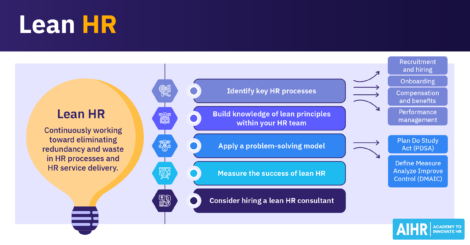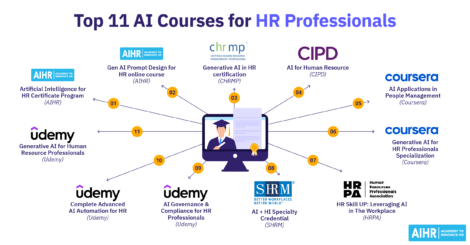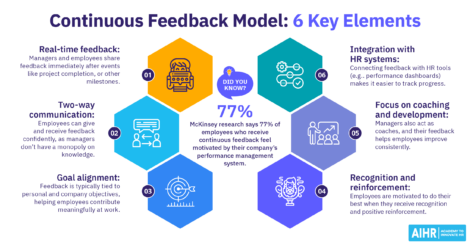Customer Stories: Empowering Capgemini’s People Analytics Practitioners
Learning is key in empowering employees and making a business impact. But there’s another major benefit to finding the right learning solution. “The more people learn, the more people stay,” says Jan Krögel of Capgemini.
People Analytics has fast become an important specialization within HR, and the expectations are high. That’s why Capgemini was looking for ways to empower the team leading the People Analytics efforts with specialized online training.
Capgemini’s goals were clear, as Jan Krögel explains. “We need to be credible to the business, and we need to understand the business, as well as the data and analytics aspect. We thought that going outside and working with a curated source would really help us with that effort.”
And that’s where AIHR comes in.
Selected HR practitioners already involved in People Analytics and reporting were enrolled in the Academy to Innovate HR to take their data and analytics skills to the next level. In addition to following specialized courses, participants also worked on real-life projects helping leaders within the organization tackle their business challenges. “Some of these are being grown into big projects,” Kröger says.
That’s not to say that Capgemini didn’t face challenges in this project. For example, it can be challenging for learners with full calendars and lots of responsibilities to find the time to learn. Watch the full video to find out how Capgemini overcame this challenge.
You will also hear more about:
- How Capgemini encourages people to implement the learnings in their day-to-day work
- Examples of projects implemented as a result of the training, and insights gained
- Measuring the ROI of learning initiatives
What we can reveal is that the project has been a success for Capgemini. Their next steps are expanding the scope of the project to include larger HR populations. But that’s not all. “We’re asking, how much needs to be part of the standard curriculum for HR? And the other question is, what else do we need to give the leaders we have identified to make them successful?”
Curious to see how AIHR can help you dodge the skills gap and empower your HR organization with future-proof skills? Explore our HR Skills 2025 framework, or learn more about our team licenses.
Learn more
Related articles
Are you ready for the future of HR?
Learn modern and relevant HR skills, online

